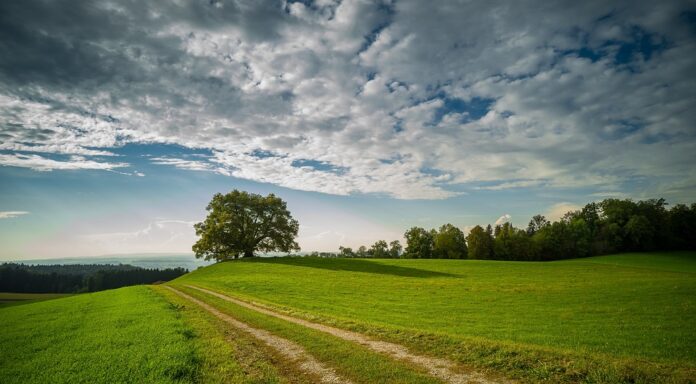The Importance of Water Conservation: Why Every Drop Counts
Water is one of the most precious resources on our planet, yet it is often taken for granted. With growing populations and increasing demands for water in agriculture, industry, and households, the need for water conservation has become more important than ever. If we do not take steps to conserve water now, we may face dire consequences in the future. That is why every drop of water counts in the fight to protect this vital resource.
Conserving water is crucial for several reasons, including preserving the environment, ensuring a sustainable water supply for future generations, and reducing energy consumption. By reducing our water usage, we can help protect aquatic ecosystems and wildlife that depend on clean water for survival. Water conservation also helps to secure water resources for agriculture, which is essential for feeding a growing global population.
H2: The Benefits of Water Conservation
There are numerous benefits to conserving water, both for individuals and communities. One of the most significant advantages of water conservation is the preservation of freshwater resources. By using water more efficiently, we can help ensure a sustainable supply of clean water for drinking, sanitation, and other essential needs. Conserving water also helps to reduce energy consumption and lower utility bills, saving both money and resources.
In addition to the environmental and financial benefits of water conservation, there are also social benefits to consider. By conserving water, we can help alleviate water scarcity in regions where water is scarce or contaminated. This can improve public health and reduce the risk of water-related diseases. Water conservation can also promote community resilience in the face of droughts, climate change, and other water-related challenges.
H3: Ways to Conserve Water
There are many simple and effective ways to conserve water in our daily lives. One of the easiest ways to reduce water usage is to fix leaks in faucets, toilets, and irrigation systems. Leaks can waste a significant amount of water over time, so it is important to address them promptly. Another way to conserve water is to install water-efficient fixtures and appliances, such as low-flow showerheads, faucets, and toilets.
In addition to fixing leaks and upgrading fixtures, there are other practical steps we can take to conserve water. These include taking shorter showers, turning off the tap while brushing teeth or washing dishes, and making sure dishwashers and washing machines are fully loaded before running them. Outdoor water conservation measures can also make a difference, such as watering lawns and gardens early in the morning or evening to reduce evaporation.
H4: The Role of Water Conservation in Sustainable Development
Water conservation is an essential part of sustainable development, as it helps to balance the needs of people, the environment, and the economy. Sustainable water management practices can help ensure a reliable water supply for agriculture, industry, and households while protecting natural ecosystems and biodiversity. By conserving water, we can help build resilience to climate change, reduce water pollution, and promote social equity and economic growth.
In conclusion, every drop of water counts in the fight to conserve this precious resource for future generations. By taking simple steps to reduce water usage in our daily lives, we can help protect the environment, support sustainable development, and ensure a reliable water supply for all. Water conservation is not just a personal responsibility; it is a shared commitment to safeguarding our most vital resource. Let us all do our part to conserve water and make every drop count.
Frequently Asked Questions:
Q: Why is water conservation important?
A: Water conservation is essential for preserving freshwater resources, protecting the environment, and ensuring a sustainable water supply for future generations.
Q: What are some practical ways to conserve water?
A: Some practical ways to conserve water include fixing leaks, using water-efficient fixtures and appliances, taking shorter showers, and watering outdoor plants in the morning or evening.
Q: How does water conservation contribute to sustainable development?
A: Water conservation plays a crucial role in sustainable development by balancing the needs of people, the environment, and the economy, promoting resilience to climate change, and supporting social equity and economic growth.

